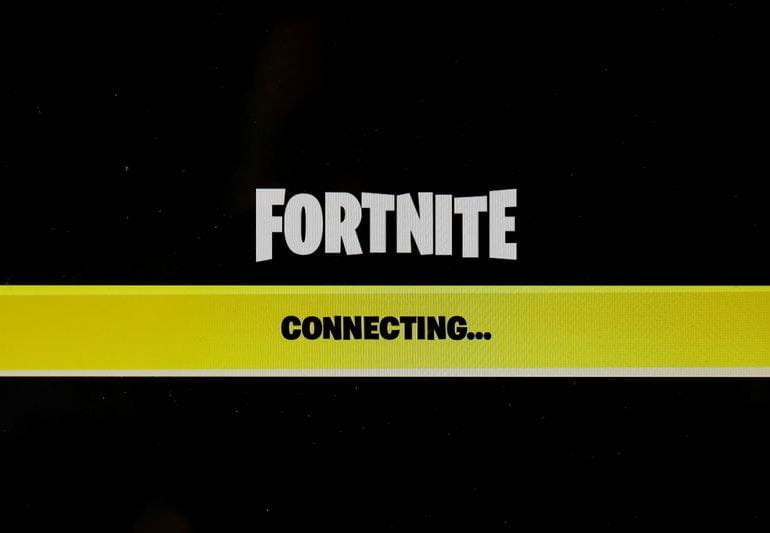(Reuters) – Apple Inc (O:AAPL) on Friday alleged that Epic Games’ chief executive had asked it for a “side letter” to create its own game store within the iPhone maker’s App Store, which Apple said would have upended the store’s commission-based business model.
The disclosure came in a court filing on Friday in which Apple asked a federal judge in California to deny a request by “Fortnite” maker Epic Games to be kept in the iPhone maker’s App Store as a dispute between the two over Apple’s in-app payment rules plays out.
Epic did not immediately respond to a request for comment.
Apple removed the popular game earlier this month after Epic rolled out its own method of making purchases within the game, which Apple said violated its App Store rules. Those rules require games and other apps to use Apple’s in-app payment system, which charges commissions of between 15% and 30%.
Epic sued Apple over the removal, claiming the App Store rules violate antitrust laws. Epic also launched a public relations campaign, with a #FreeFortnite social media push and a parody of Apple’s famous “1984” ad.
In the filing before U.S. District Judge Yvonne Gonzalez Rogers in Oakland, Apple aimed to frame the dispute as part of a broader business disagreement, alleging that Epic CEO Tim Sweeney asked for an exception to its rules to create an “Epic Games Store” inside the App Store. After it rejected the request, Sweeney criticized how it runs the store, Apple said.
Apple said that Sweeney sent Phil Schiller, Apple’s App Store chief, an email at 2 a.m. saying Epic would no longer comply with the payment rules, and rolled out its own payment system hours later.
Epic has asked the court to issue an order blocking Apple’s removal of “Fortnite” from the store, saying that the move – along with Apple’s threat to terminate the company’s developer account – would cause irreparable harm to Epic and should be put on hold while the case plays out.
Epic said the termination of its developer account could also hamper its ability to offer a product called Unreal Engine, a software tool for computer graphics that hundreds of other games and other apps use to power their offerings.
In Friday’s filing, Apple called the removal of “Fortnite” from the App Store a “self-inflicted wound” and argued that Rogers should not grant Epic’s request.
“Epic knew full well that, in circumventing Apple’s processes and breaching its contracts, it was putting its entire relationship with Apple — including its Unreal Engine and other projects — at serious risk,” Apple wrote in its filing. “Epic made the calculated decision to breach anyway, and then run to this Court to argue that its customers were being damaged.”
Leave a comment
